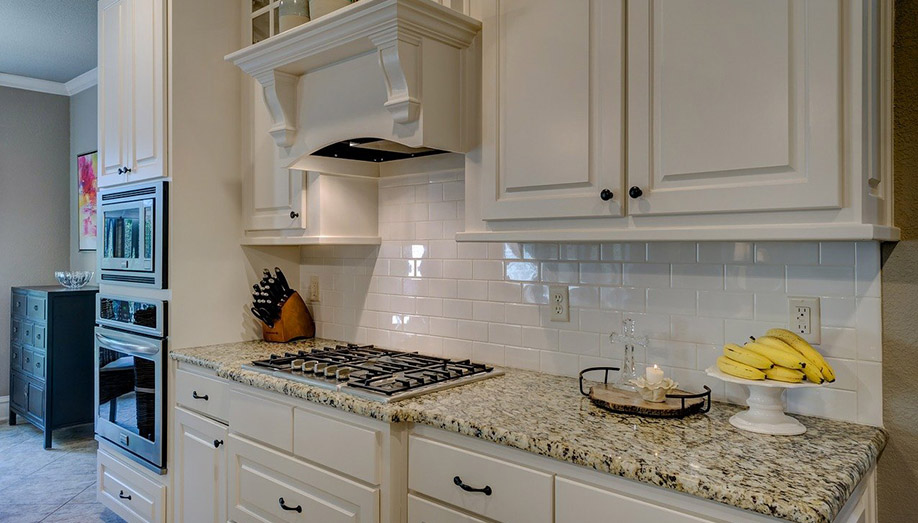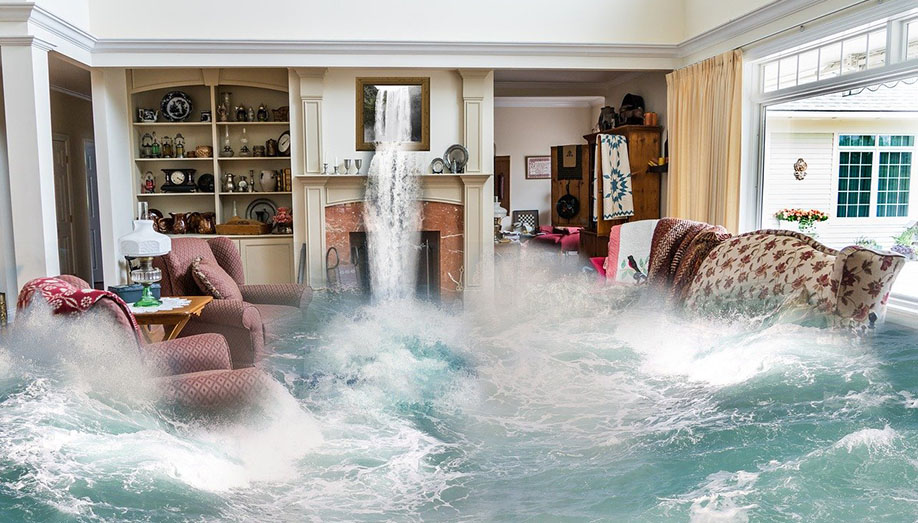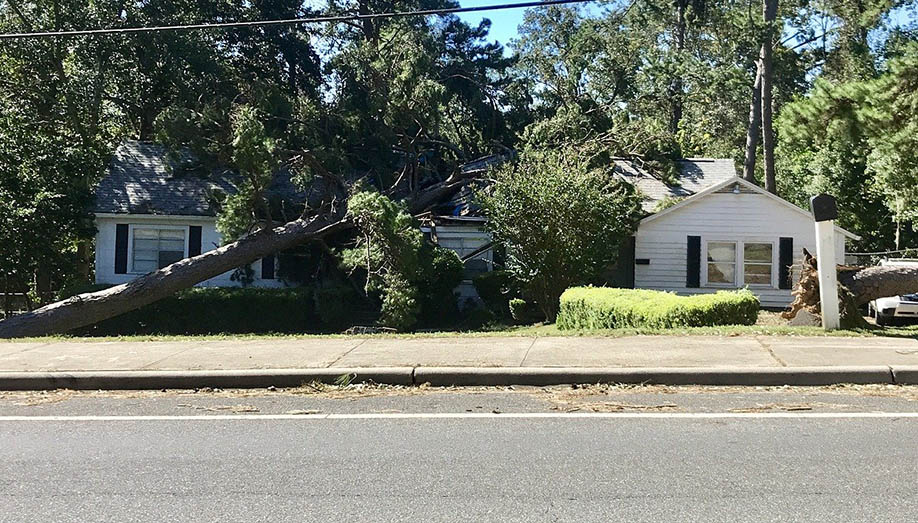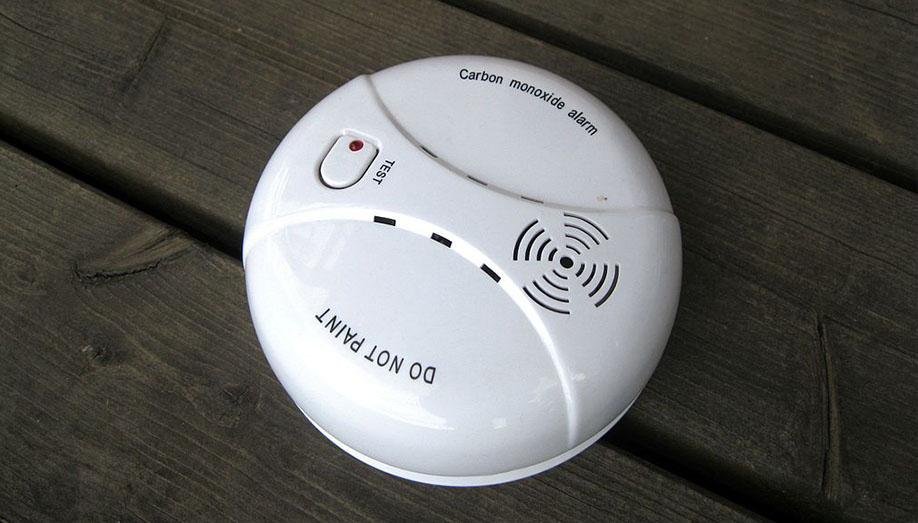
9 ways to protect your home from fire [Infographic]
Our homes are a warm refuge from extreme winter weather conditions. But warming our homes with alternative heating sources like fireplaces, woodstoves and space heaters can increase the risk of dangerous house fires.
Nationwide recorded a nearly 51 percent increase in large loss house fire claims filed in December 2020 compared to December 2019. The top claims causes were from electrical fires, grease and cooking fires and fires spread from woodburning fireplaces, which saw a particularly large spike from 2019 to 2020.
“The good news is that most of these types of fires are preventable and taking a few steps in advance can help to significantly reduce the fire risk,” explained Nationwide Personal Lines Claims leader Martha Frye. “Things like making sure your smoke alarms are working and remembering to turn off portable heaters can make the difference between life and death.”
Some tips to help prevent home fires include:
- Keep anything flammable at least three feet aware from fireplaces or heating equipment
- Maintain a 3-foot minimum “kid-free” zone around open fires and space heaters
- Never use an oven to heat your home
- Have qualified professionals install heating units and water heaters
- Chimneys and heating equipment should be professionally cleaned and inspected annually
- Remember to turn portable heaters off when leaving the room or going to bed
- Always use the type of fuel specified by the manufacturer for fuel-burning space heaters
- Make sure the fireplace has a sturdy screen to stop flying sparks
- Test smoke and carbon monoxide alarms at least once a month
While Nationwide data found that fireplaces were a significant source of large fire claims in December, many could also be traced back to actions connected with people spending more time at home during the pandemic – cooking, candle use, smoking and even the misuse of extension cords and adapters, which accounted for almost 22 percent of large loss claims in December.
“Our mission at Nationwide is to protect people with extraordinary care,” commented Frye. “Our homes have been a place of comfort this year, more than ever, so during these cold winter months, we want them to remain a place of safety. Being aware of common fire hazards and taking simple precautions to avoid them can make all the difference.”






